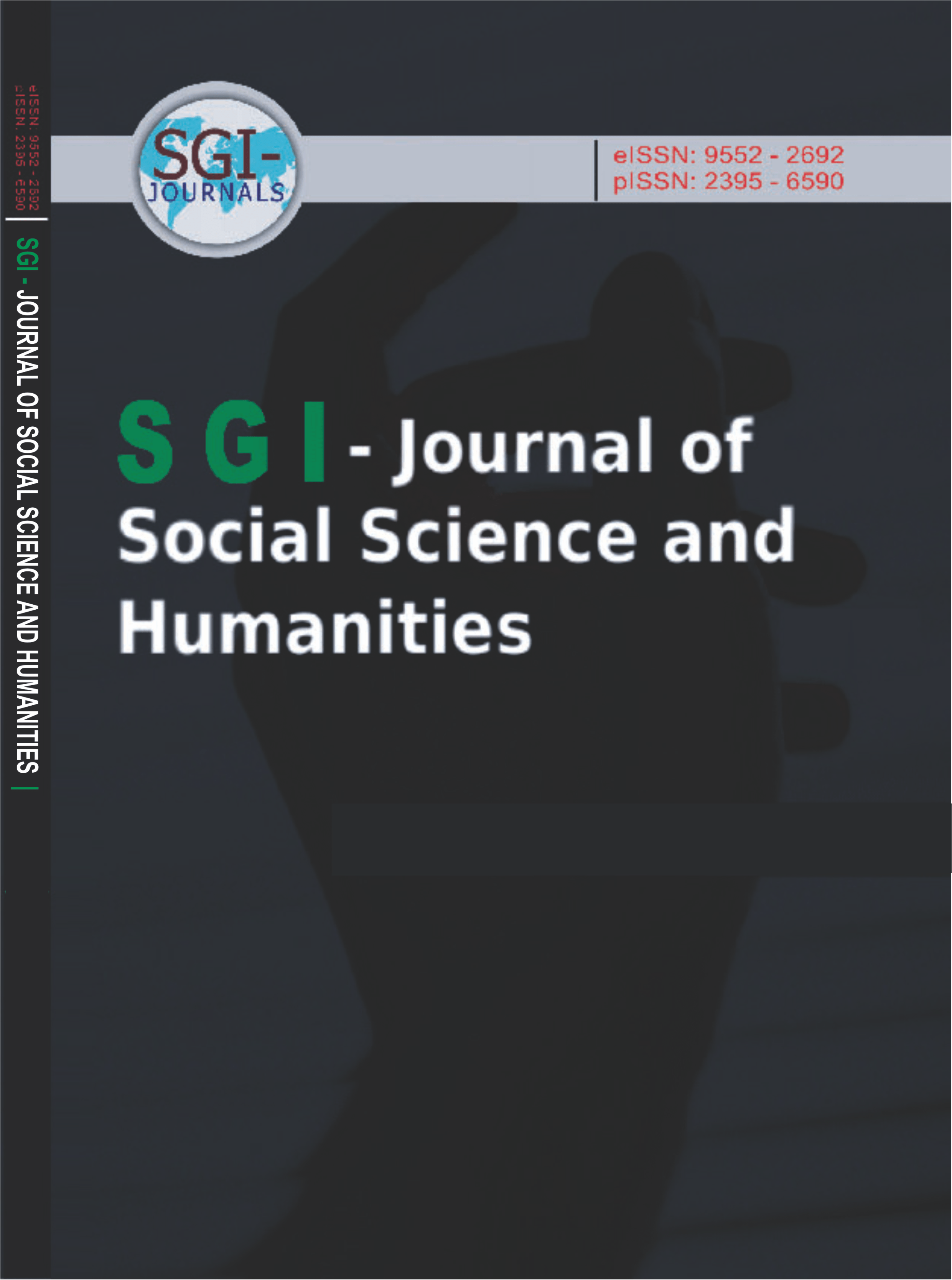SGI-JOURNAL OF SOCIAL SCIENCE AND HUMANITIES (SGI-JSSH)
CITIZEN DIPLOMACY AND THE PLIGHT OF NIGERIANS BOTH AT HOME AND ABROAD
E-ISSN: 9552-2692
P-ISSN: 2395-6590
DOI: https://iigdpublishers.com/article/532
Section 14(2) (b) of the Constitution of the Federal Republic of Nigeria 1999 (as amended) stipulates that the paramount objective of the state is the security and wellbeing of the populace. The security and welfare of the populace are collectively articulated as a single objective, albeit including two interconnected components. The state's failure in this attempt renders it a failed state, since all other objectives rely on the successful realisation of this core aim. Citizen diplomacy is one of the diplomatic initiatives aimed at accomplishing this objective. This paper investigates the fundamental aims of citizen diplomacy as a key component of Nigeria's foreign policy and assesses the degree to which these objectives have been realised. The theoretical elucidation of the discourse is Political Realism. The theory's utility in the study lies in its assertion that, although realism predominantly emphasises state-centric interactions and power dynamics, it provides insights into citizen diplomacy by positing that states employ citizen diplomacy to further their national interests through alliance formation, economic promotion, or countering adverse perceptions. The study's findings indicated that Nigeria's foreign policy focus on citizen diplomacy has not produced the anticipated benefits owing to various local and international variables. The general governmental climate in Nigeria fails to intentionally foster support and encourages its people, since major topics of concern are inadequately handled. The reports advised that Nigeria should engage in capacity development, enhance institutional frameworks, and prioritise the safety and well-being of its population domestically and internationally to fully use the potential of citizen diplomacy.
Sunny Mene Piate, Bariledum Kia & John Okon Obisung
Agbu, O. (2009). “Nigerian Foreign Policy under Present Umaru Musa Yar’Adua: Challenges and Prospects in Eze, O. C. Citizen Diplomacy. Lagos: Nigerian Institute of International Affairs.
Akinterinwa, B. A. (2010). Nigeria’s Citizen Diplomacy: Theoretical Genesis and Empirical Exegesis. Ibadan: Bolytag International Publishers.
Al-Bashir (2008). “Citizen without Honour”, Vanguard, 17.
Alli, W. O. (2010). Nigeria’s Foreign Policy of Democratic Transition and Economic Reforms, In: Said Aejumobi (ed) Governance and Politics in Post-Military Nigeria: Changes and Challenges. New York: Palgrave Macmillan.
Chairman, A. & Piper, L. (2012). Xenophobia, Criminality and Violent Entrepreneurship: Violence against Somali Shop Keepers in Delft South, Cape Town, South Africa. South African Review of Sociology, 43(3), 81-105.
